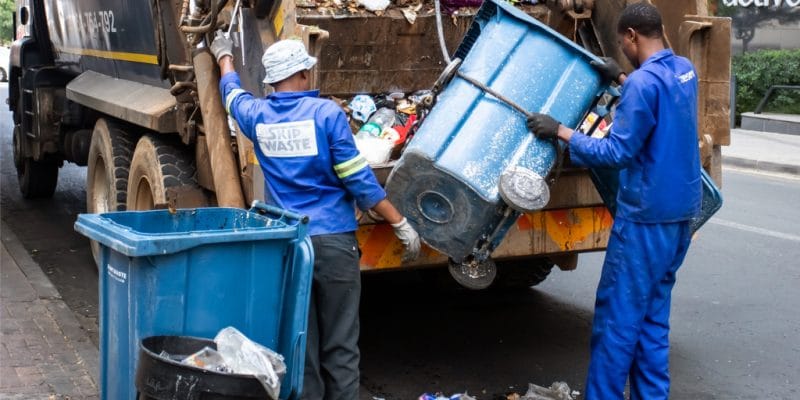The Government of Ghana recently announced the introduction of a tax on the import and local manufacture of plastics. The tax will be used to support the recycling effort whose strategy is currently being implemented in the country.
Some environmental activists hoped for a straightforward ban on plastic. But “in plastics management, we believe that a total ban will not be in the nation’s interest,” said Kwabena Frimpong Boateng, Ghana’s Minister of Environment, Science, Technology and Innovation. Instead, the Ghanaian government opts for a tax on imports and local plastic manufacturing.
To this end, authorities plan to set up a Resource Secretariat. It will be composed of representatives from plastic manufacturers, the Ministry of Local Government and Rural Development, and the Ministry of Environment, Science, Technology and Innovation. The objective will be to organise the plastic waste management policy implemented by the government and implemented by Zoomlion. This strategy is reflected in the establishment of sorting and recycling centres. The objective is to create them in each region of Ghana.
The payment of a tax
A tax will be paid to bring in or manufacture plastic in Ghana. An account has already been created at the Bank of Ghana to receive taxes paid by importers and plastic manufacturers. The funds collected will be allocated to the entire plastic waste management chain and especially to recycling. The taxes collected should support Zoomlion, which will invest several million dollars in household waste management in the coming years.
According to Zoomlion, 12,710 tonnes of solid waste are generated daily in Ghana. For the moment, the company only processes 400 tonnes of waste collected per day. Biodegradable materials are transformed into fertiliser for farmers. Plastic is sold to other (private) operators who add raw materials to it to make products such as chairs, buckets or bowls. These products came from the waste treatment units that Zoomlion commissioned, notably in the city of Accra for an investment of $20 million.
Jean Marie Takouleu







